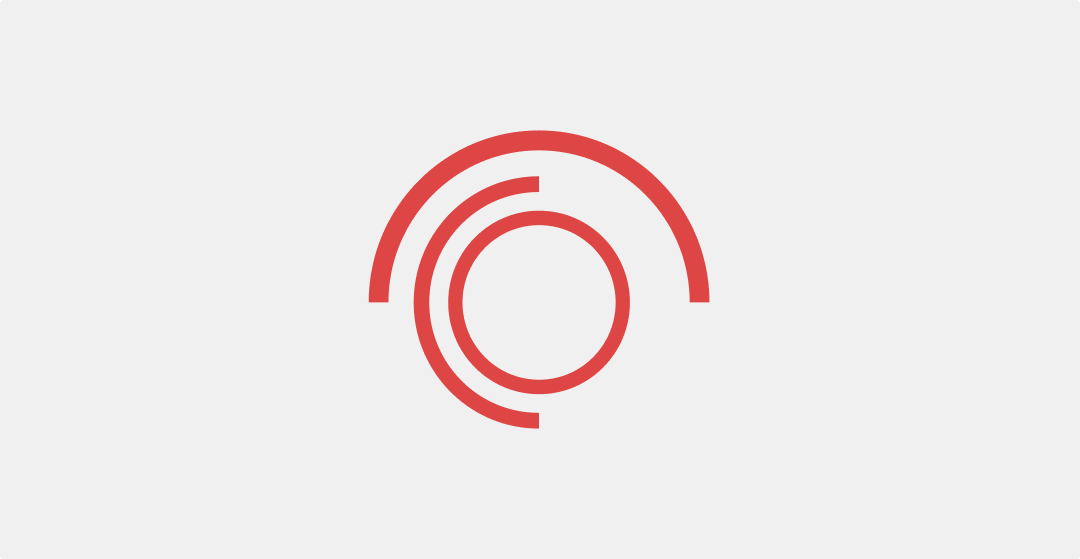
Luhansk Internet providers block access to at least fifty Ukrainian news websites, including of such media outlets as Fakty, Glavcom, Suspilne, Ukrainian Week, Texty, Uriadovyi Kurier, Ukrainian National News, Irta-Fax, iPress, website of Kharkiv Human Rights Group, etc.
It was discovered by the Digital Security Lab that jointly with Donetsk Institute of Information conducted 20 tests of blocking in Donetsk and 19 tests in Luhansk in various locations in which Internet access is provided by companies such as Matrix, Ugletelecom, DonbasInformSviazServis, Luhanskie Domashnie Seti, Mageal, EAST.NET, MobileStroyProekt.
The fact that the websites are indeed blocked by the providers — rather than cannot be accessed due to an error or other reason — is proved by the findings of testing of Internet ban and data analysis through special software OONI (Open Observatory of Network Interference). When trying to access any of the websites, at least one Luhansk Internet provider displays a blocking page. The full list of websites the ban of which was confirmed is available here.
At the same time, no evidence of purposeful website ban was found in Donetsk, apart from occasional lack of access to several websites. “We did not expect that Donetsk and Luhansk have such a diverse practice of websites blocking,” Iryna Chulivska, Head of the Digital Security Lab emphasizes, “Indeed, both so-called ‘republics’ have effective ‘law’ that mandates the providers to block access to the websites specified by the respective ‘authorities,’ as well as the list of websites subject to mandatory banning. These requirements are implemented differently, though. We hope that further analysis of blocking will help us better understand the developments in the field of Internet freedom on temporarily occupied territories of Ukraine.”
All data on website ban in Donetsk and Luhansk for verification and further analysis is available at https://api.ooni.io/.
The Digital Security Lab also collected this data in csv-files (Donetsk, Luhansk). In total, the Digital Security Lab that jointly with Donetsk Institute of Information with the support of Counterpart International tested access to 111 websites in Donetsk and 156 in Luhansk — mostly of Ukrainian and local news websites, as well as websites of human rights and non-governmental organizations (the full list of websites is available here: Donetsk, Luhansk). We would like to note that the ‘law’ of the so-called ‘Luhansk people’s republic’ requests Internet providers “to limit and renew access to information disseminated on the Internet according to the procedure established by the LPR law” (‘law’ on Communications, Article 48, para 8). The ‘law’ of the so-called ‘Donetsk people’s republic’ also requests Internet providers “to limit access of its customers to the resources that are used to disseminate child pornography and other information banned by the DPR law based on court decisions, orders and instructions of the central executive authorities…” (‘law’ on Telecommunications, Article 26, para 22). OONI is a special free software and a global network to detect Internet censorship, mass surveillance and Internet traffic manipulation. It is a part of The Tor Project. We will continue using it to conduct similar researches. A guideline for those who reside or visit non-Government-controlled parts of Donetsk and Luhansk oblasts and want to contribute to the analysis of Internet censorship is available here: https://goo.gl/m1GG51.
Digital Security Lab has recently published a research proving that Crimea has Ukrainian websites ban list additional to a Russia-wide list.